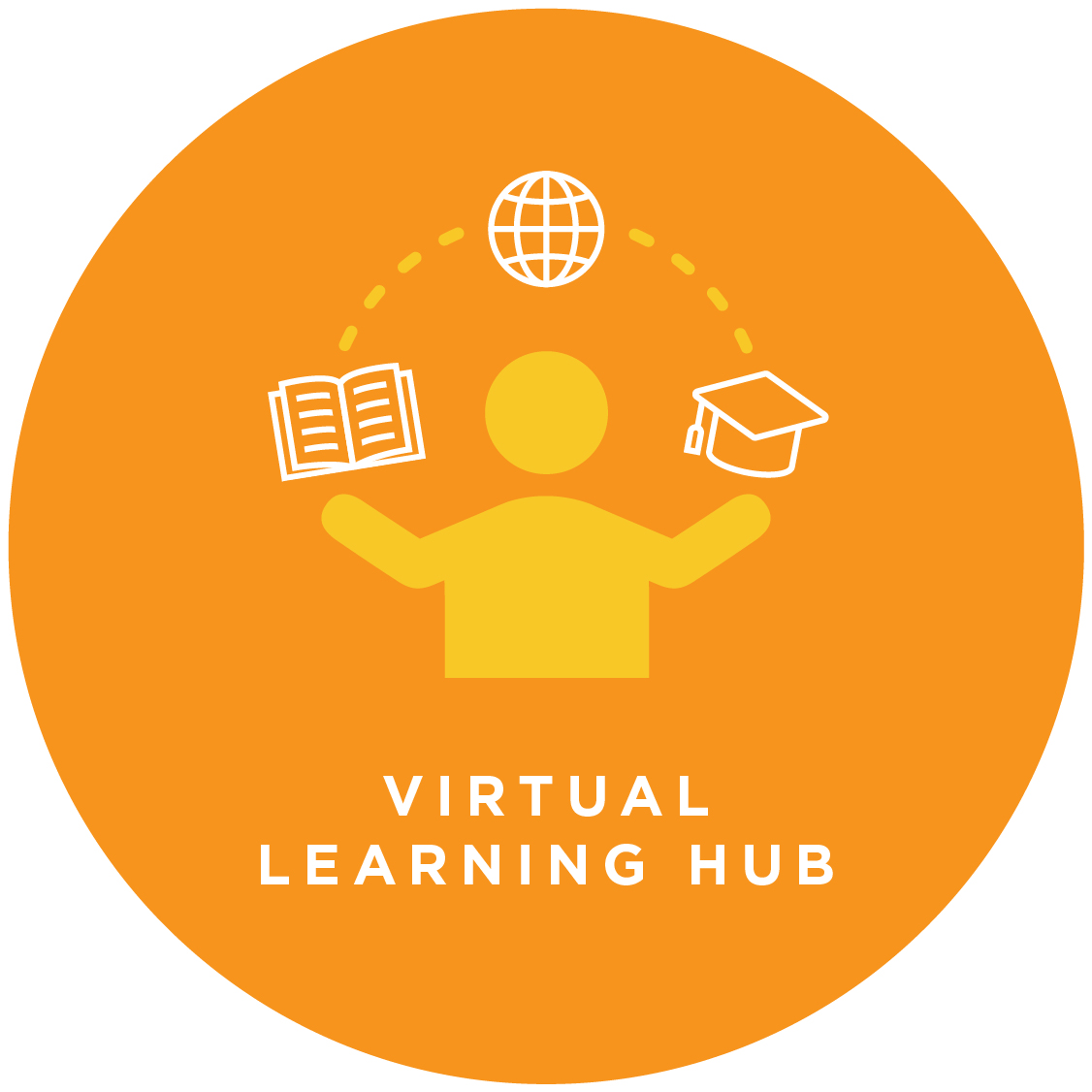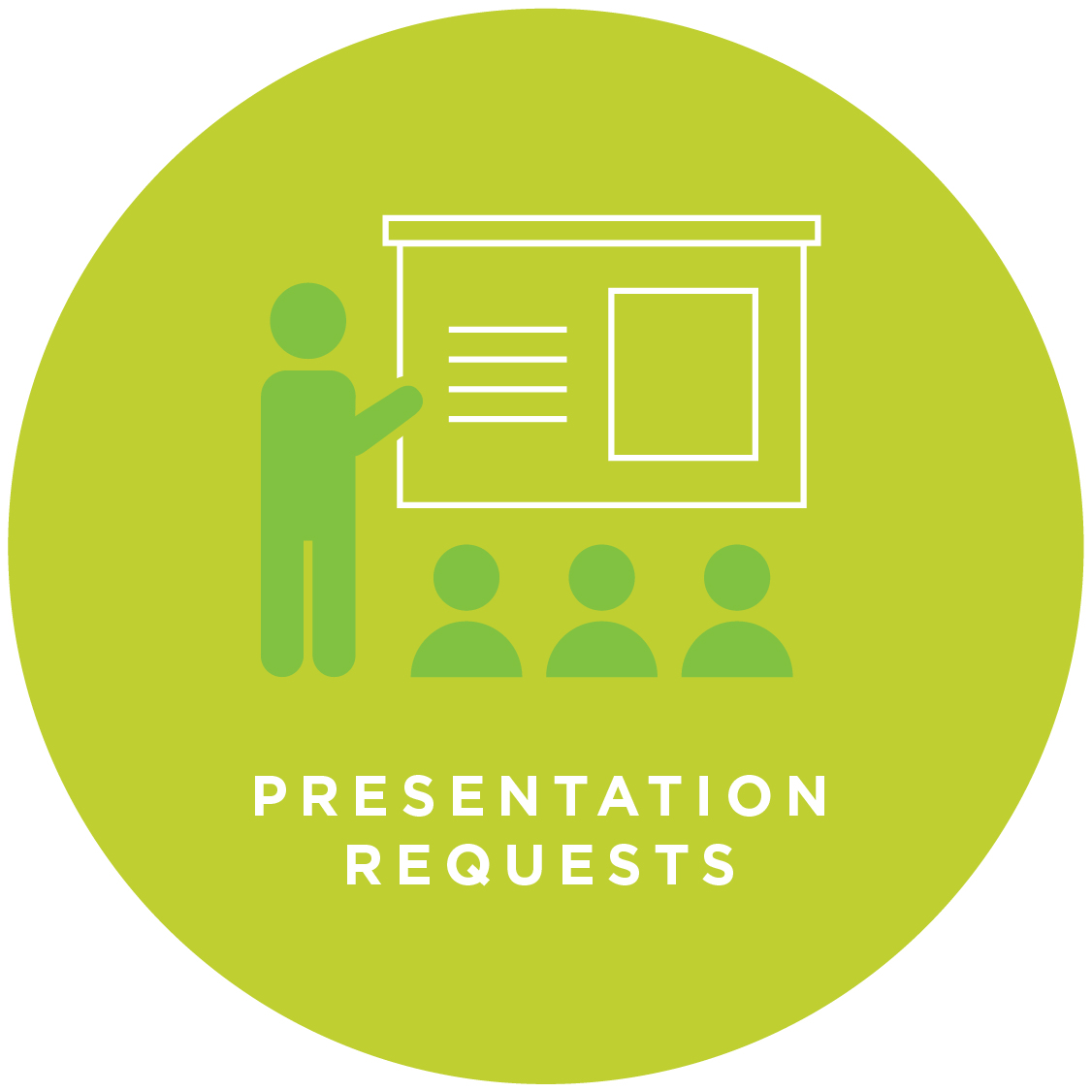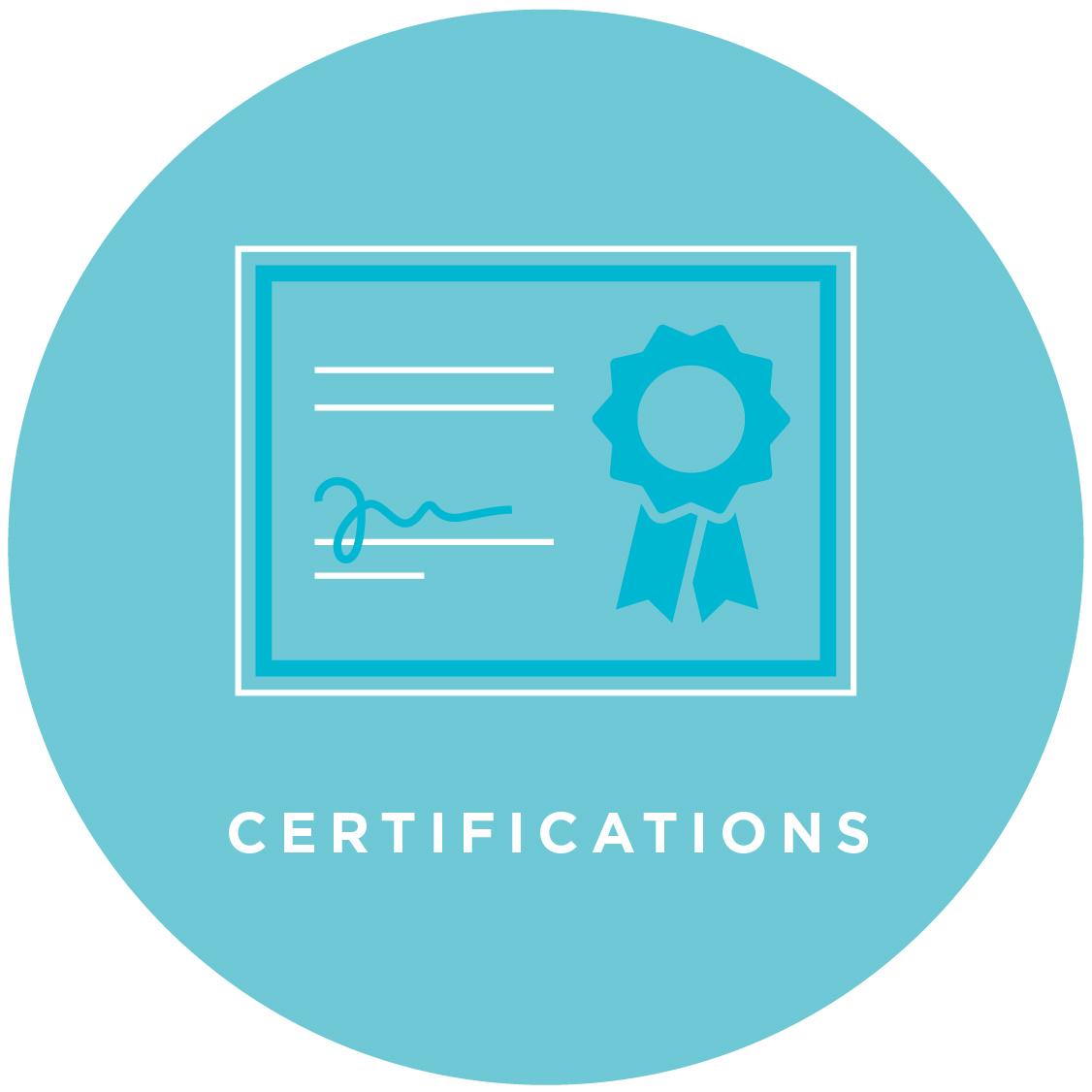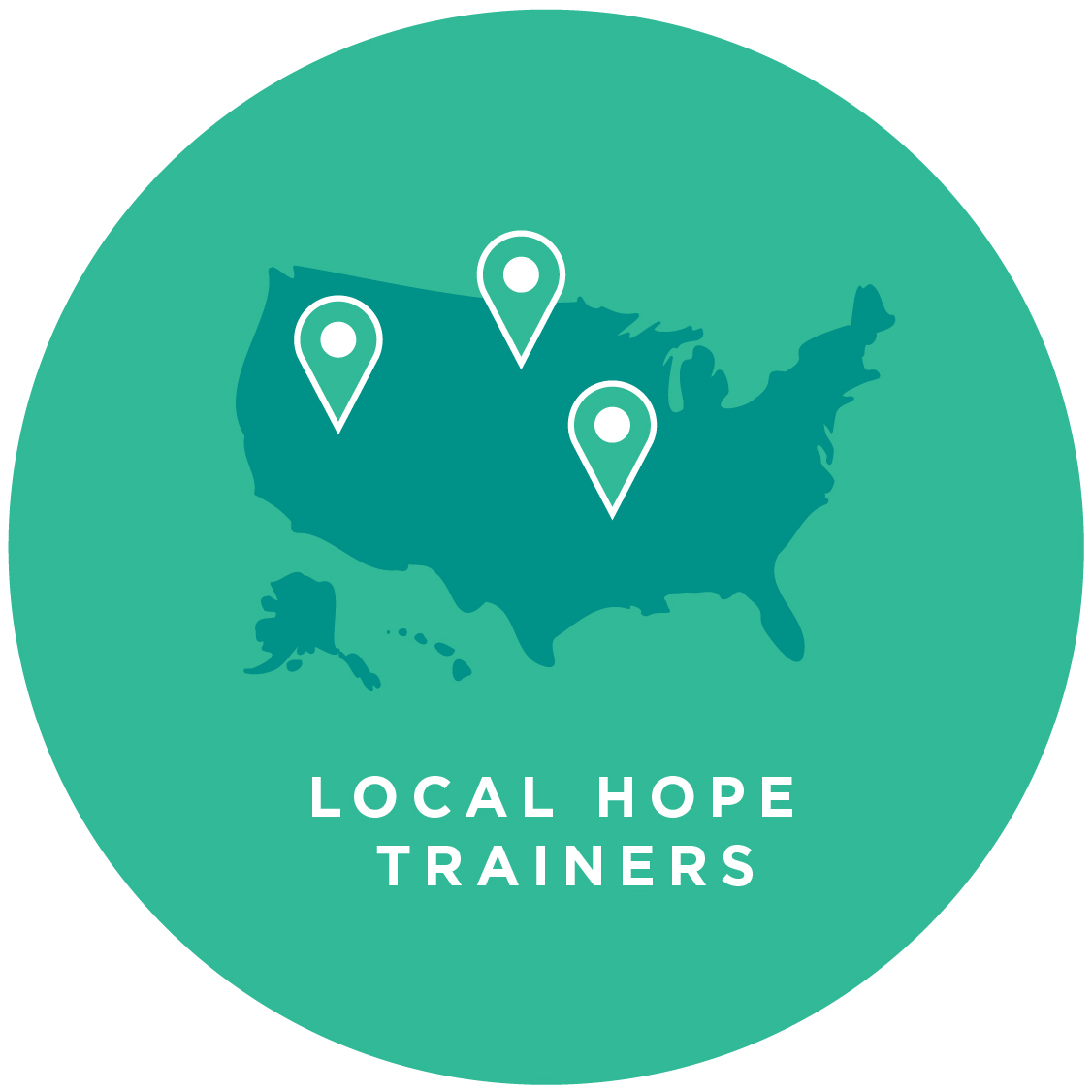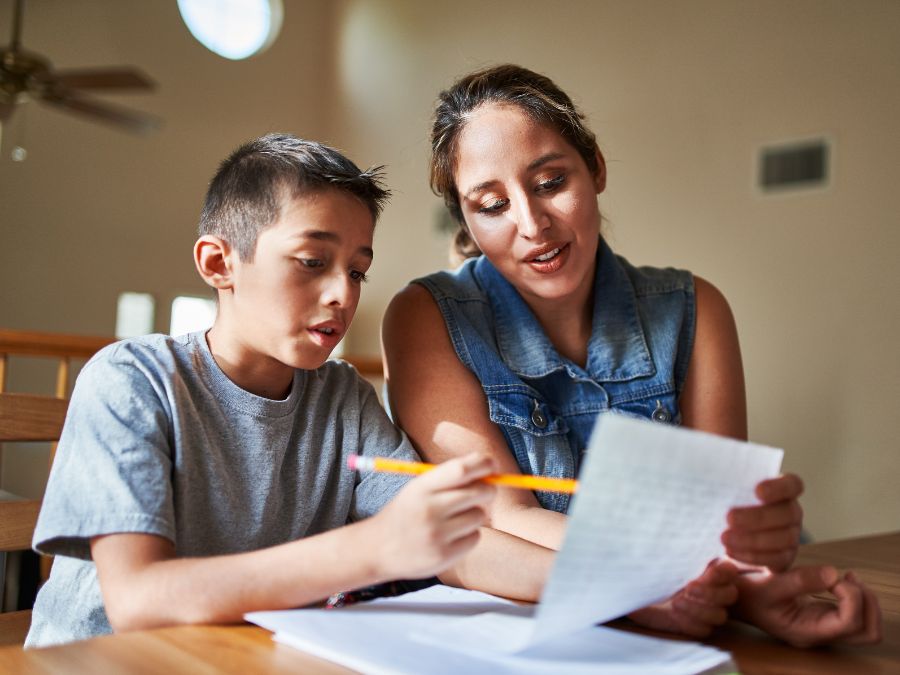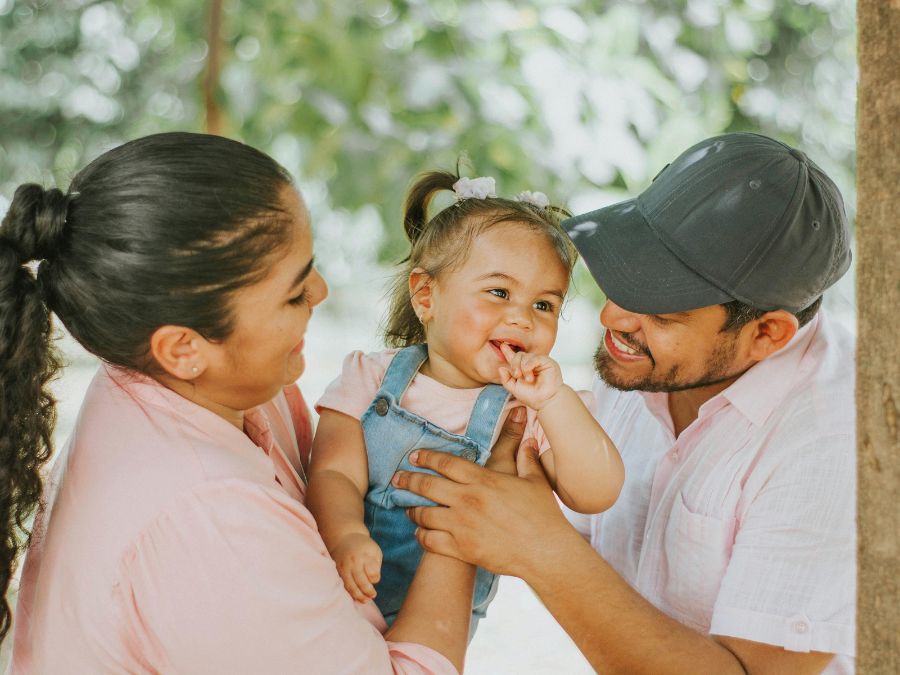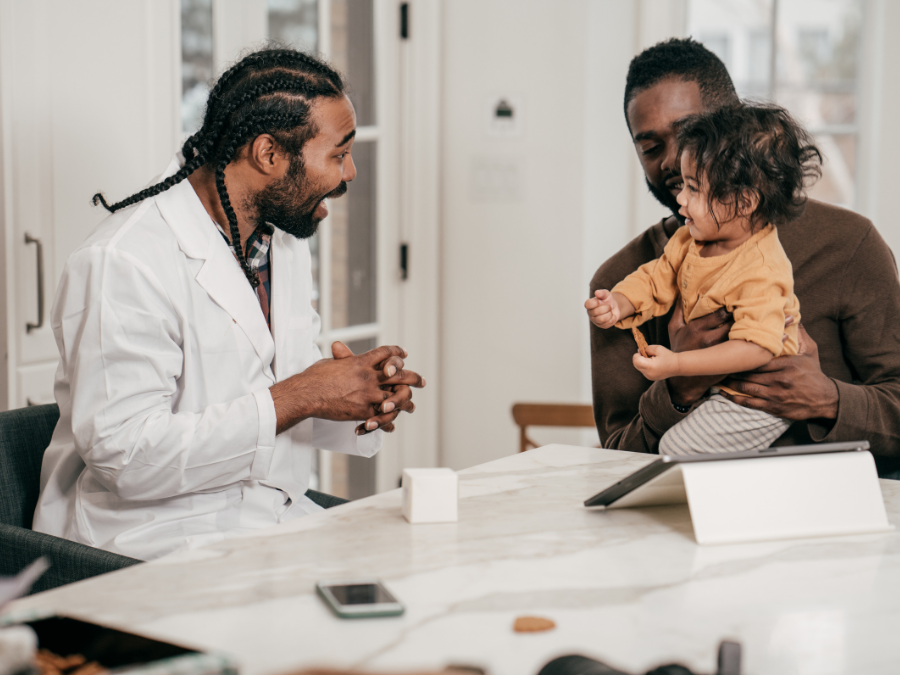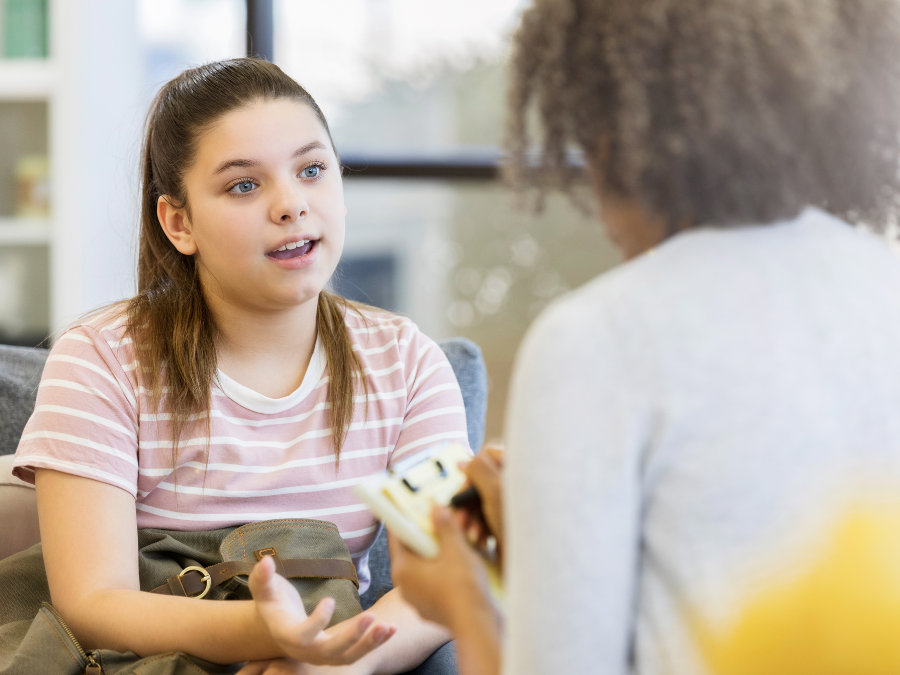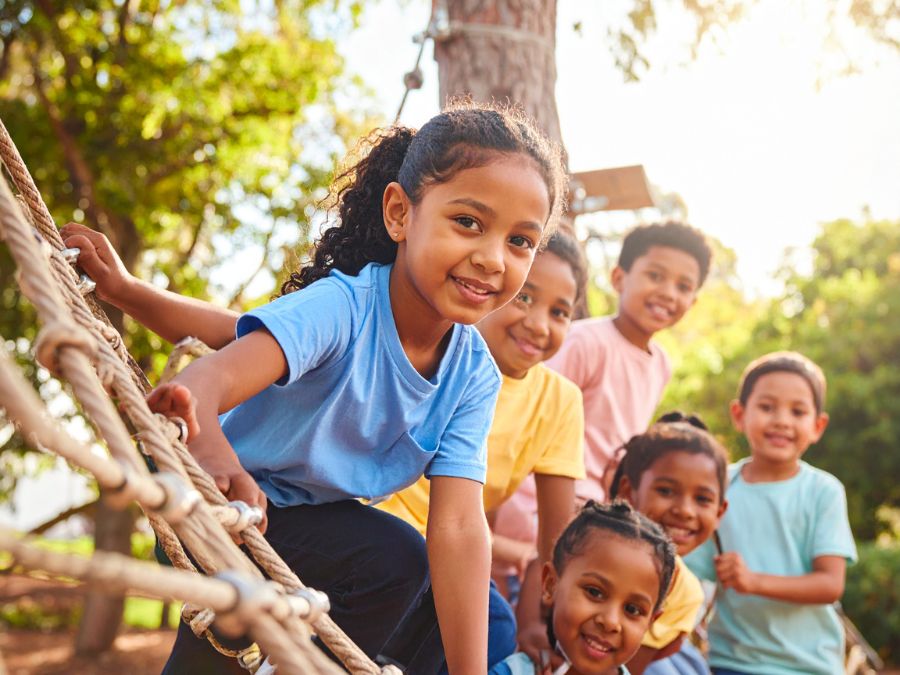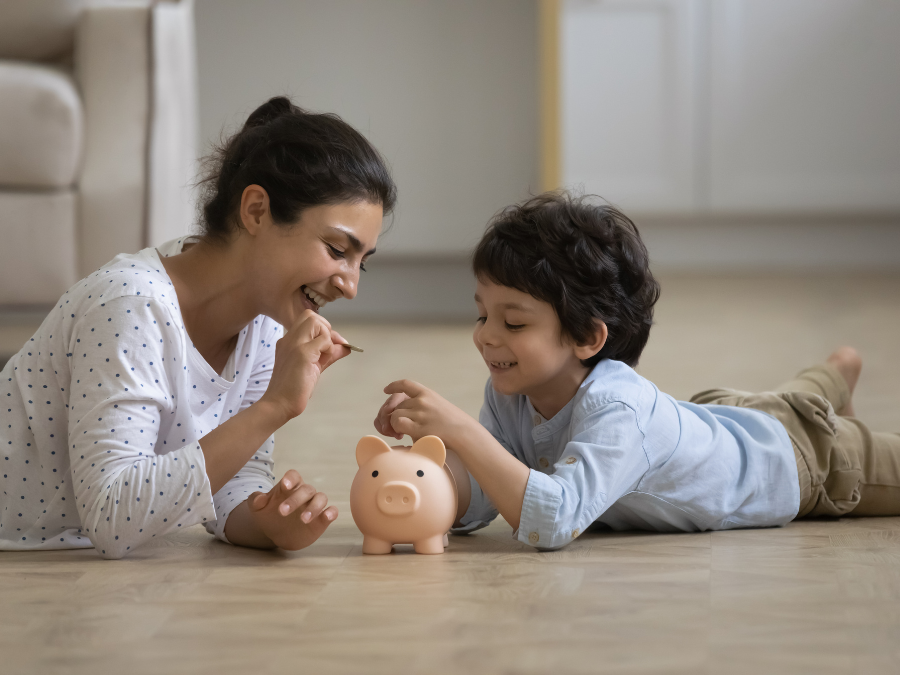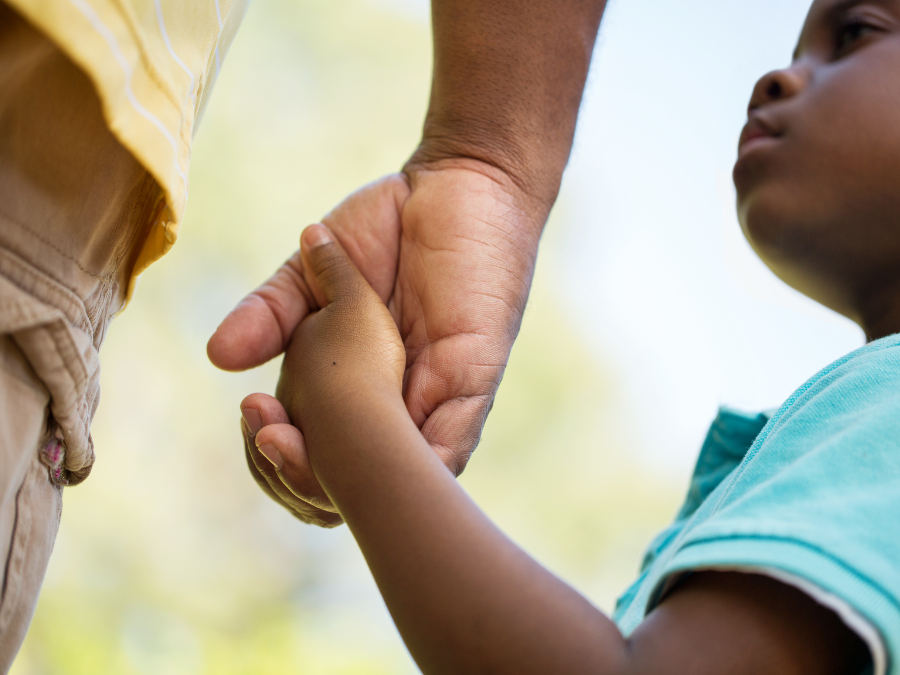HOPE — Healthy Outcomes from Positive Experiences
We are inspiring a movement to advance health and well-being for children, families, and communities.
Every child needs positive childhood experiences (PCEs).
PCEs help children grow into healthy adults.
Positive childhood experiences (PCEs) drive healthy child development and lessen the lifelong effects of adverse childhood experiences (ACEs). PCEs help children build resilience and grow into thriving, healthy adults.
Everyone can promote PCEs.
The Healthy Outcomes from Positive Experiences (HOPE) framework centers on those key types of PCEs to help everyone – parents and caregivers, professionals, organizations, and agencies – promote health and well-being for children and families.
Start practicing the HOPE framework as a
The HOPE framework
The HOPE framework can be used to promote PCEs for all children
The HOPE framework centers around the Four Building Blocks of HOPE, or key types of positive childhood experiences that all children need to thrive. It helps organizations, communities, and individuals make changes to practices, policies, and programming to ensure that all children have equitable access to PCEs.
The Four Building Blocks of HOPE
The Four Building Blocks of HOPE provide an accessible, actionable way of talking about the key types of PCEs:

Relationships
Safe and supportive relationships within the family and with other children and adults.
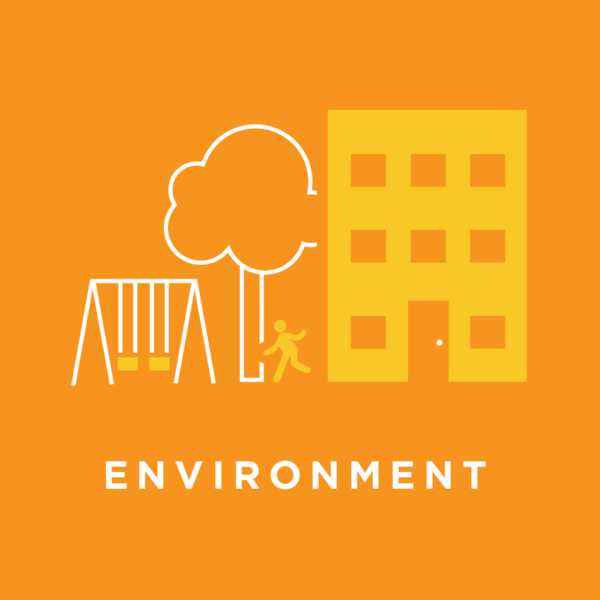
Environment
Safe, equitable, and stable environments where children can live, learn, and play.

Engagement
Opportunities for social and civic engagement to develop a sense of belonging and connectedness.
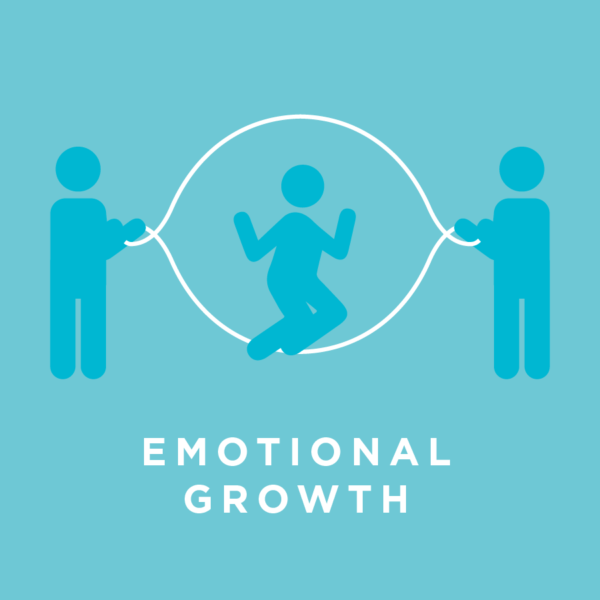
Emotional Growth
Opportunities for emotional growth where children feel supported through difficult events and emotions.
What we offer
The HOPE National Resource Center
Based out of Tufts Medical Center in Boston, Massachusetts, the HOPE National Resource Center offers trainings, resources, and research centered around the HOPE framework and positive childhood experiences. The HOPE framework has helped communities, professionals, and organizations big and small, in every field from home visiting to education and health care to the justice system, to accomplish their missions.
The HOPE movement continues to grow in 2025 and beyond. Through our certification programs, we trained over 550+ HOPE Facilitators, 100+ HOPE Champions, and 15+ HOPE-Inspired organizations in 46 U.S. states who practice the HOPE framework in their work with children and families.
Learn how you can use the HOPE framework:
Training opportunities
Virtual Learning Hub
Complete our online courses that you can take at your own pace!
Presentation Requests
Request us to present keynote addresses and workshops!
Certifications
Practice HOPE as certified trainers and organizations!
Local HOPE Trainers
Find a local HOPE Facilitator or Champion near you!
Recent blog posts
From insight to action: Building plans that learn as they go
Explored how to collect data that matters and truly reflects your goals, values, and community as you implement the HOPE framework.
Highlighting the work of our colleagues from around the world – A message from HOPE Director Robert Sege
This summer, the Healthy Outcomes from Positive Experience (HOPE) framework has seen an increase in recognition around the world.
Upcoming changes to our training and technical assistance programs
We are introducing tiered pricing for our training offerings, so that anyone can start practicing the HOPE framework.
Recent resources
HOPEful Case Reviews with TRIADS
Utilizing TRIADS with HOPE The Building Blocks of HOPE and the TRIADS model can be used to promote strengths during…
Strengths Mapping Exercise
Understanding your patient’s unique strengths This strength map can be used during well-child visits to help understand how individuals are…
HOPE prompting questions and anticipatory guidence
Everyday prompts that strengthen children & families This resource was created to guide clinicians through everyday questions to normalize the…
Recent publications
Improving Peer Relationships Through Positive Deviance Practices and the HOPE (Healthy Outcomes from Positive Experiences) Framework
Using the Positive Deviance approach in community-based settings Positive childhood experiences (PCEs), including supportive peer relationships, are crucial for optimal…
Positive Childhood Experiences and Health and Opportunity Outcomes in Four U.S. States
Association of Positive Childhood Experiences with Health and Opportunity Outcomes in Four U.S. States. This cross-sectional study used Behavioral Risk…
In Their Own Words: Qualitative Study of Parenting During the COVID-19 Pandemic
In Their Own Words: Qualitative Study of Parenting During the COVID-19 Pandemic The authors aimed to understand the experience of…
Support HOPE
Please consider donating to the HOPE National Resource Center. Your contribution will help us ensure that HOPE information, resources, and experiences are widely available and shared.
Contact us
Not sure how to start promoting positive childhood experiences in your community or organization? Reach out to us with any questions.

